Because it contains more antioxidants, it’s possible that Ceylon cinnamon may provide more health benefits.
Nevertheless, although several animal and test-tube studies have highlighted the benefits of Ceylon cinnamon, most studies demonstrating health benefits in humans have used the Cassia variety (23Trusted Source).
Cassia cinnamon is not only lower in antioxidants, it’s also high in a potentially harmful substance called coumarin, an organic substance found in many plants.
Several studies in rats have shown coumarin can be toxic to the liver, leading to concern that it can cause liver damage in humans as well (24Trusted Source).
Accordingly, the European Food Safety AuthorityTrusted Source has set the tolerable daily intake for coumarin at 0.045 mg per pound (0.1 mg/kg).
Using average coumarin levels for Cassia cinnamon, this would be equivalent to about a half teaspoon (2.5 grams) of Cassia cinnamon per day for a 165-pound (75-kg) individual.
As you can see, Cassia cinnamon is particularly high in coumarin, and you can easily consume more than the upper limit by taking Cassia cinnamon supplements or even eating large amounts of it in foods.
However, Ceylon cinnamon contains much lower amounts of coumarin, and it would be difficult to consume more than the recommended amount of coumarin with this type (25Trusted Source).
Additionally, people with diabetes who take medications or insulin should be careful when adding cinnamon to their daily routine.
The addition of cinnamon on top of your current treatment may put you at risk of low blood sugar, which is known as hypoglycemia.
Hypoglycemia is a potentially life-threatening condition, and it is recommended to talk to your doctor about incorporating cinnamon into your diabetes management.
Lastly, children, pregnant women and others with extensive medical histories should speak with their doctors to see if the benefits of cinnamon outweigh the risks.
Cinnamon’s benefits for lowering blood sugar have been well-studied.
Yet despite this, no consensus has been reached regarding how much you should consume to reap the benefits while avoiding potential risks.
Studies have typically used 1–6 grams per day, either as a supplement or powder added to foods.
One study reported that the blood sugar of people taking either 1, 3 or 6 grams daily all decreased by the same amount (26).
Given that people on the smallest dose saw the same benefit as those on the largest dose, there may be no need to take large doses.
Additionally, a number of studies have shown that the coumarin content of Cassia cinnamon can vary. Therefore, it would be wise not to exceed 0.5–1 grams of it per day to avoid surpassing the tolerable daily intake of coumarin.
Much less caution can be taken with Ceylon cinnamon. Consuming up to 1.2 teaspoons (6 grams) daily should be safe as far as coumarin content is concerned.
-420x158.png)
-350x525fill.jpeg)
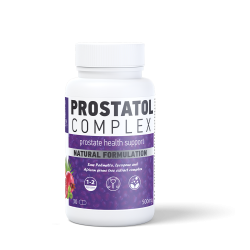
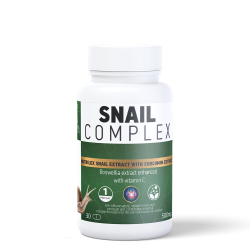
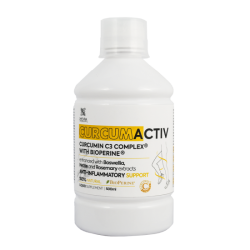
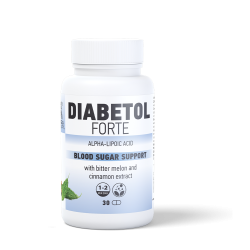
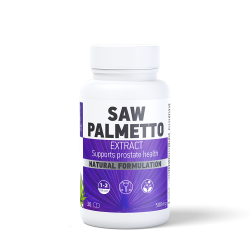
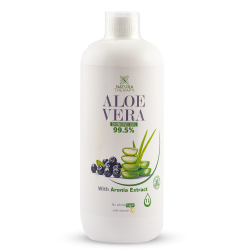
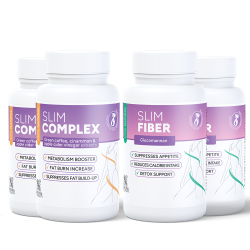
-250x250.png)
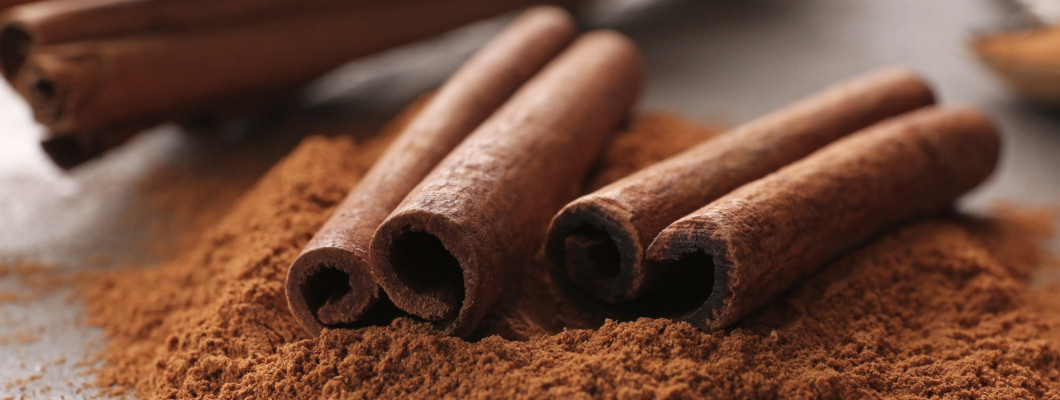
1 Коментар(и)
We are a health and wellness website, dedicated to sharing daily insights on beauty skincare, health preservation, and facial care. With each day comes a little more health and a little more happiness.
Оставете коментар